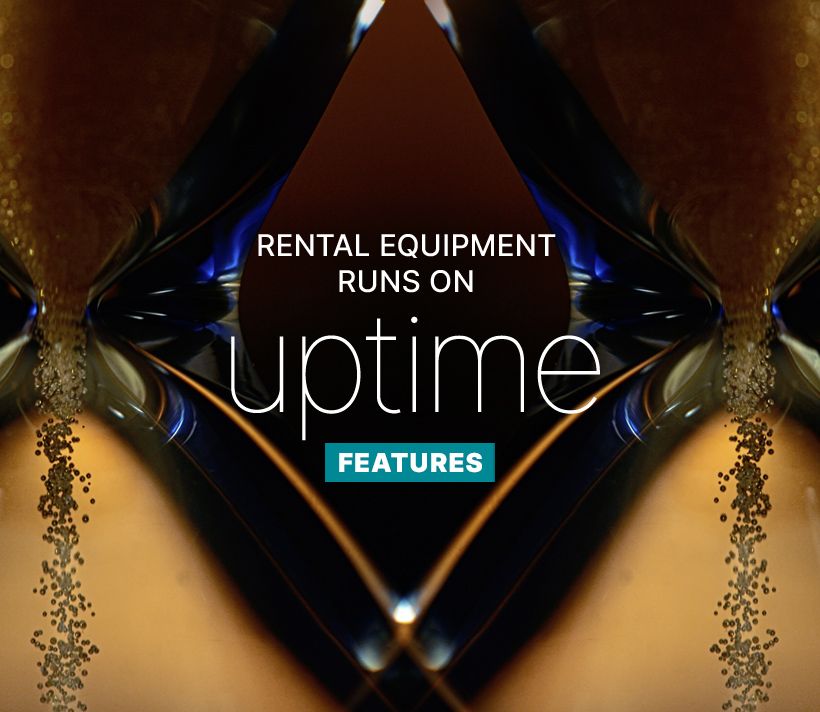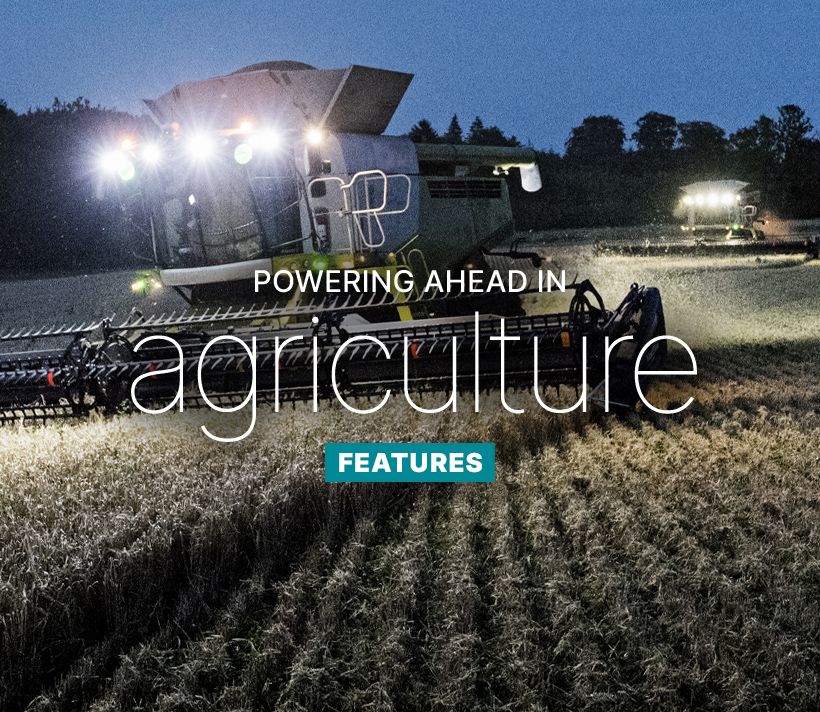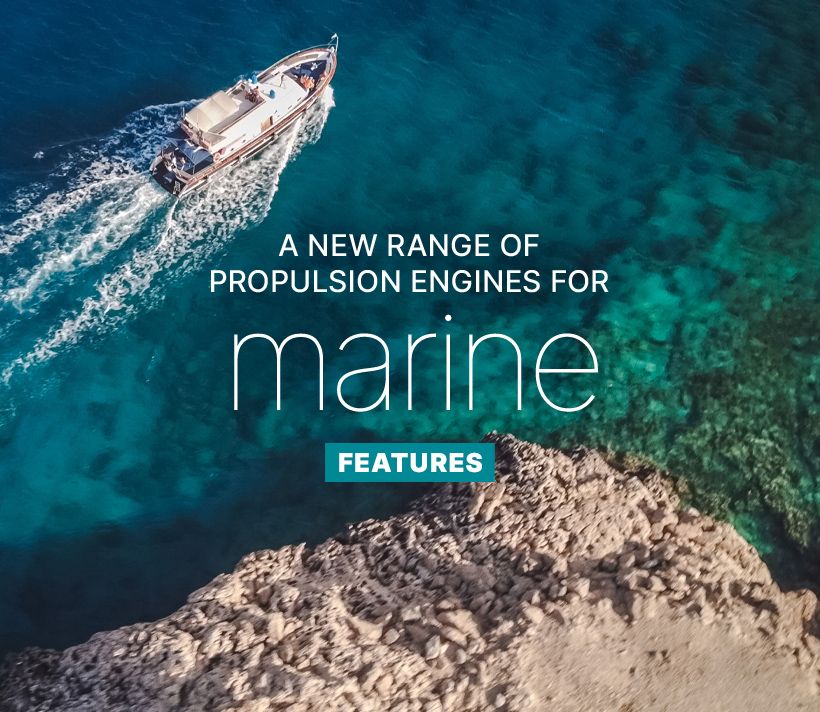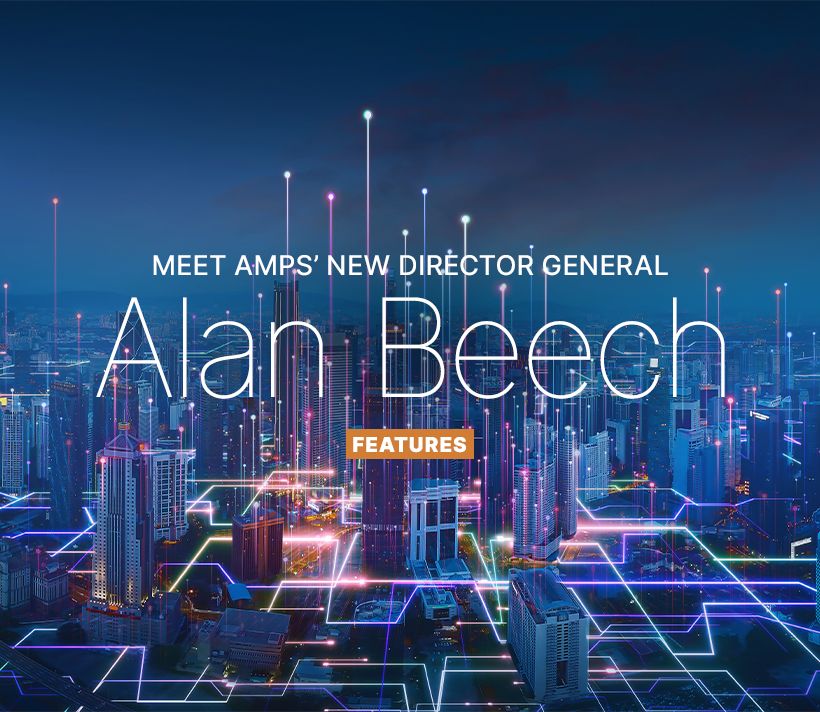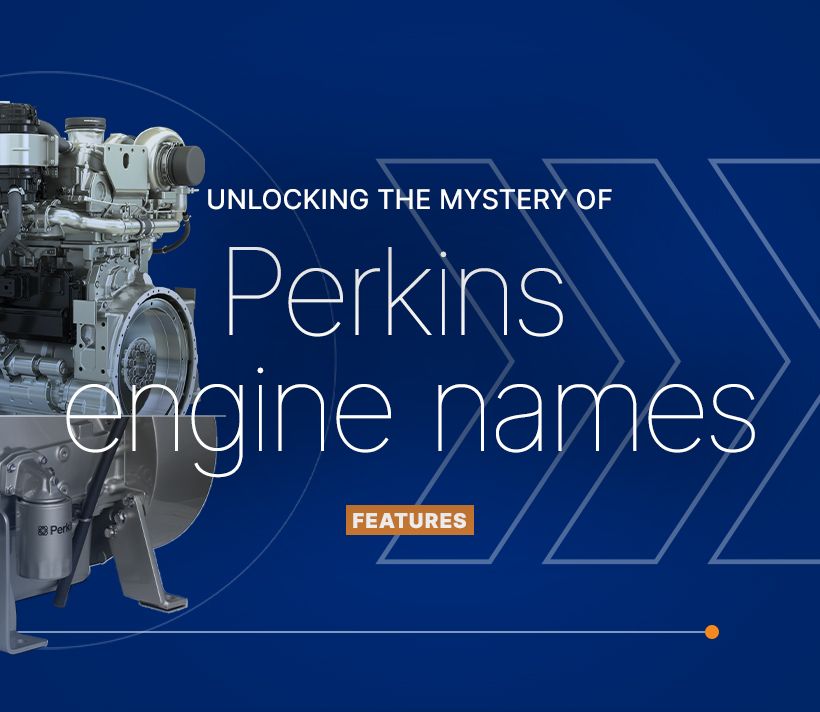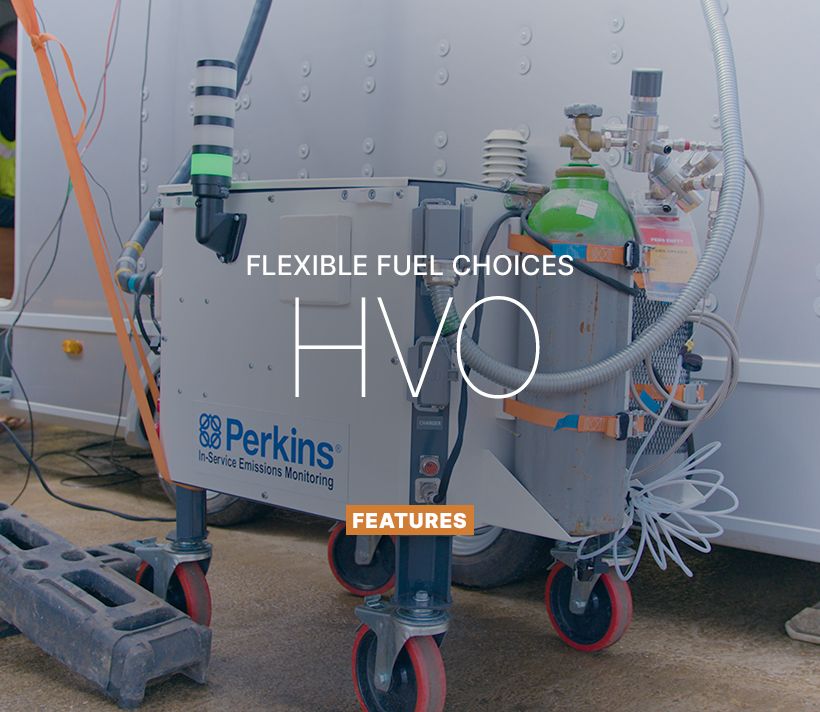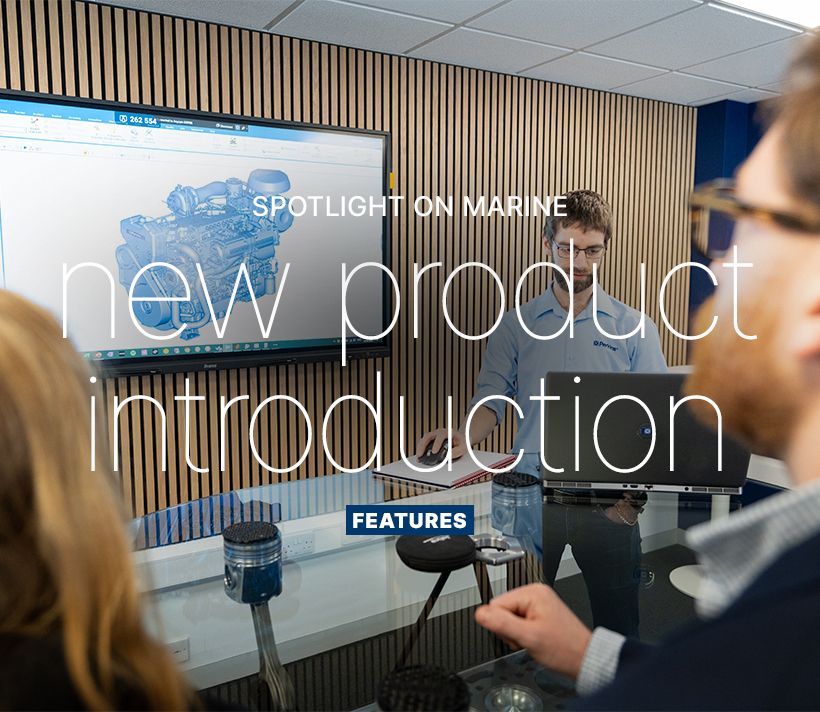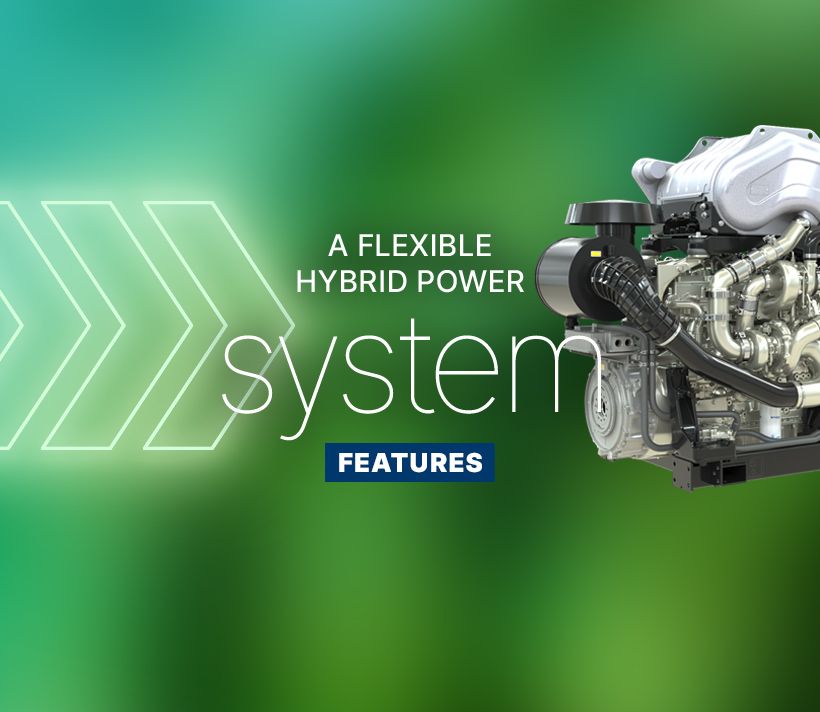“I don’t know if I would have been more successful in another space, but I know that humankind needs power and electricity. It’s still my ambition to become India’s number one generator set manufacturer,” says Samir.
Nearly forty years since starting Supernova, with “zero resource”, Samir says Supernova’s success is largely down to a strong self-belief. “I came from a middle-class family, with parents who worked in teaching and textiles. But during the 1980s, when I started working for a company making generators, I saw it was a good business to be in.
“Self-motivation, self-excitement – that’s what’s got me, and Supernova, to where we are today.”
Samir explains that the early 1980s was a time when India was ‘catching up’ with industrialisation. “Manufacturing was fast becoming the backbone of India’s growing economy, but power demand far outstripped supply.
“There simply wasn’t enough power to keep factories running. Two days of staggered holidays were one solution, to reduce demand, but many companies found their own solution by bringing in their own supplies.”
As the cost of diesel was not dissimilar to buying electricity from the grid, low-speed generators became a viable option to keep businesses running during power outages.
It was into this market that Samir launched Supernova Engineers Limited in 1984. He was just 23 years old, a first-generation entrepreneur with a gut feeling he was on the right track. Supernova’s early products were remarketed diesel generator sets produced by a variety of Indian manufacturers, but Samir was never far from spotting the next opportunity.
The first step change came in 1987, with the opening of its own manufacturing plant. This gave Supernova the chance to begin to differentiate its products, carving out a slice of the market by focusing heavily on technical attributes, build quality and reliability.
For much of that decade, Supernova’s generators were powered by a variety of engine brands: domestic brands, Indian-built versions of global brands, and imported units. A net importer for many years, Supernova was the first Indian company to import European engines for its generator sets. While it was a move that made their products more expensive than their home-grown Indian competitors, Samir says it was strategic: laying the foundations for its technical expertise and reliability.
By the late 1980s and early 1990s, sustained investment in the grid was paying off: outages were becoming less and less frequent. So came the next change of gear: a shift away from prime power. At the same time, the government was deregulating huge swathes of the economy, creating further opportunities that Samir was only too happy to explore.
“It was around 1993 or 1994 that we really started to do more with European brands,” he recalls, “particularly with Volvo Penta. While it continued to underpin our technical competence, it also added further to the price differential.”
It wasn’t until 2007 that Supernova first negotiated a relationship with Perkins. “I was excited about it,” admits Samir, “for this was the pinnacle. Now we had quality products at a competitive rate, and that saw us shift gears again.”
Samir refers to the exemplary support that Supernova received from Perkins. “It wasn’t just the engines we were getting from them. No, they gave us a solid plan and a strategy, all part of a long-term understanding. And of course, it wasn’t long after that Perkins opened its production facility in Aurangabad, allowing us to use domestically built engines in our products.”
The high regard in which Supernova’s Perkins-powered generator sets are held is evident. “Our products are in critical installations across the country,” Samir reveals. “Government, corporate, retail, oil and gas – they all feature on our customer list, even the Indian space agency [ISRO] relies on Supernova generator sets at its launchpads.
‘We have moved from powering the backbone of Indian industry, to being that backbone. It’s not exaggerating to say that Supernova has become part of the growth story of India,” Samir remarks.
Ready to step into Supernova’s own growth story is Dhruvish Mistry, Samir’s son. Growing up, he says he was never far away from the manufacturing plant; a degree in mechanical engineering and a subsequent MBA from Boston, USA, have helped to ensure that – in Samir’s view – he’ll be the legacy who will accelerate the company and take it to the next level.
“It’s exciting to be coming into the business at such a critical time,” Dhruvish enthuses. “We’re a successful business, contributing to a growing economy. Yes, it’s my father’s ambition to take the business to the number one position, and he’s set high standards. He has a strong, mentoring leadership style, he’s a great person to be around, and a great business leader.
“Reaching that number one position isn’t the end goal, though – we’re not going to sit still.”
Both Samir and Dhruvish are confident of India’s ability to eventually move away from fossil fuels, embracing alternative fuels such as hydrogen. “The government’s encouraging hydrogen. We’re competing with China to be the first major hydrogen economy. Again, I’m sure Perkins will come up with a reliable solution.
“India is going to be a major market for OEMs. This support from Perkins is invaluable, but it’s still a privilege to have been instrumental in Perkins’ journey in India over the last ten years.”
That Perkins connection – and everything the brand brings with it – is undoubtedly one of the reasons customers come to Supernova, says Samir. “Added to that, they see our four decades of experience in power generation and for many, that’s enough to ensure the search stops at Supernova.”
Dhruvish points out that another deciding factor is focus. “Our focus, that is. Large corporates make rational buying decisions, and our focus on SPS – sales, product, services – highlights our pursuit of best industry practices such as manpower, infrastructure, processes, and our participation in the market. All those points resonate with our corporate customers.”
“But probably one of the most compelling reasons to choose Supernova is our turnkey service, from concept to commissioning to service,” Samir adds. “After all, our product, our business, is a business of sleeplessness – our customers are looking for support 24 hours a day, seven days a week, 365 days a year.
“The only success stories are companies that can provide that level of service,” he says.
“We’re proud of our abilities to do just that.”
Perkins’ collaboration with Trackunit, delivering real-time insights to customers, increasing productivity in the field.
Read moreFor industrial equipment rental, excellent technical support and parts availability is a necessity.
Read moreTo mark Agritechnica's 'Celebrate Farming Day', Powernews spoke to Andy Curtis, Customer Solutions Director at Perkins.
Read moreClever configuration options fulfil the current and future requirements of the industry.
Read moreWho keeps the lights on when the grid can’t? The power generation sector, of course. In the UK, its interests are represented by The Association of Manufacturers and suppliers of Power generating Systems (AMPS) – whose new director general, Alan Beech, came into post earlier this year.
Learn MoreHave you ever looked at the name of a Perkins engine and wondered what all those numbers and letters actually mean? If so, you’re certainly not alone. But rest assured the nomenclature is anything but random.
Read moreOne alternative fuel option we’ve researched heavily and have accommodated in our diesel engines for more than a decade is hydrotreated vegetable oil (HVO) – which must meet the EN 5940 standard – with the Perkins® 400 to 5000 Series able to use up to 100% HVO.
Read moreIn part two of our spotlight on marine we talk with Ben Lewis commercial manager, Dave Wood, application and tech support team lead and Stuart Phillipson, marine application and tech support to find out more about what’s in development for the marine range.
Read moreWhy stick to one fuel, when you can have a configurable power system?
Read moreMore than just a curiosity, they offer us different routes to future food security.
Read more
